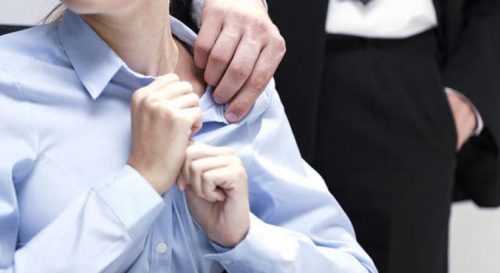Selecting the right sexual assault lawyer is a critical step for survivors seeking legal assistance and justice. Here are some essential considerations to keep in mind when choosing a lawyer:
1. Specialized Experience:
- Look for a abuse litigation lawyer with specialized experience in handling sexual assault cases. Experience in this area is crucial for effective representation.
2. Compassionate Approach:
- Choose a lawyer who demonstrates empathy and compassion toward survivors. A supportive and understanding approach can make a significant difference in the legal process.

Image Source- Google
3. Clear Communication:
- Select a lawyer who communicates clearly and transparently. They should explain legal concepts and procedures in a way that is easy to understand.
4. Client-Centered Advocacy:
- Seek a lawyer who prioritizes your needs and well-being throughout the legal process. They should listen to your concerns and involve you in decision-making.
5. Track Record of Success:
- Research the lawyer’s track record of success in handling sexual assault cases. Positive outcomes and satisfied clients are indicators of effective representation.
6. Respect for Confidentiality:
- Ensure that the lawyer respects your privacy and confidentiality. Trust is essential in the attorney-client relationship.
7. Accessibility and Availability:
- Choose a lawyer who is accessible and available to address your questions and concerns promptly.
8. Collaborative Approach:
- Look for a lawyer who takes a collaborative approach to legal representation, working with you to develop a strategy that meets your needs and goals.
9. Recommendations and Referrals:
- Seek recommendations and referrals from trusted sources, such as friends, family members, or victim advocacy organizations.